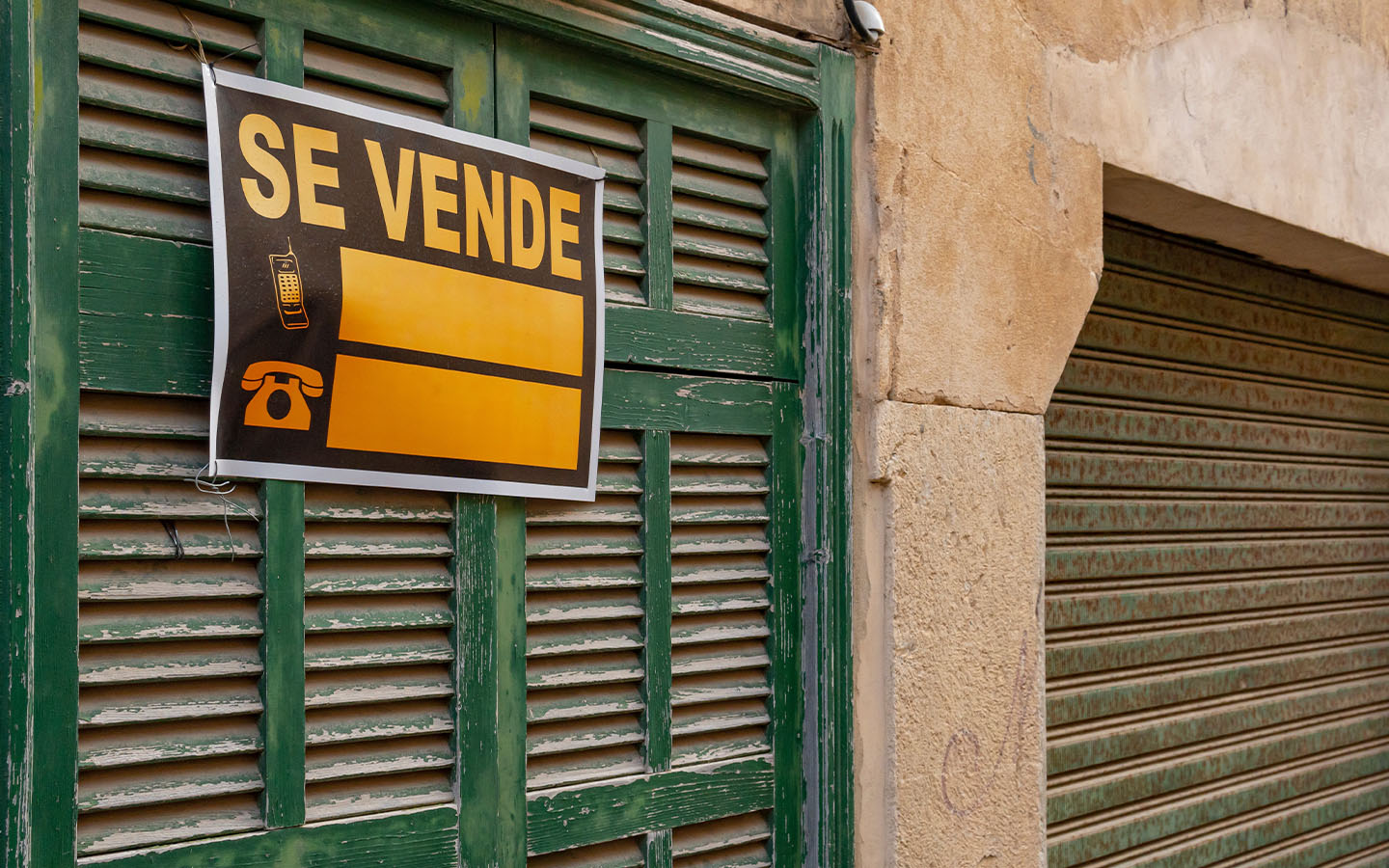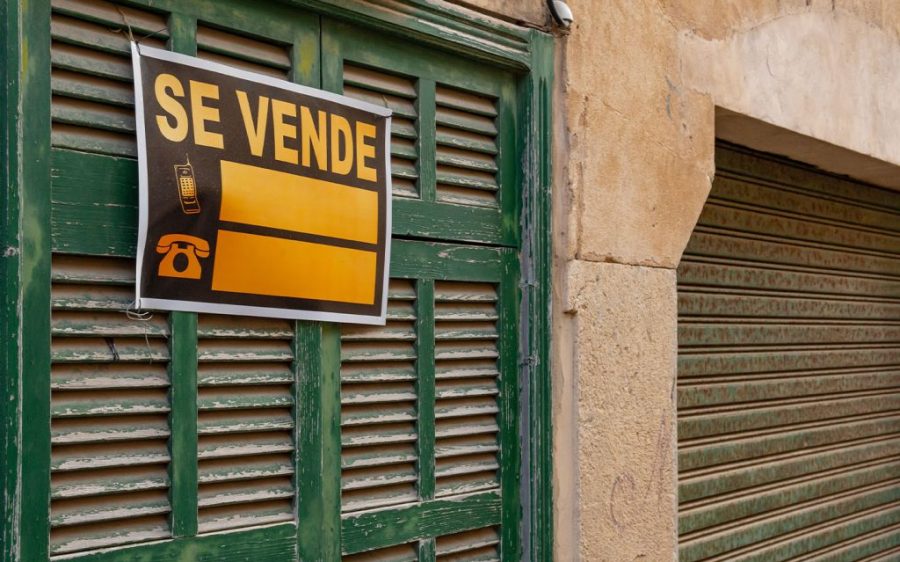Spanish Prime Minister Pedro Sanchez has floated the idea of banning the purchase of property by buyers from outside the European Union, spurred by a growing housing crisis and societal tensions, reports the Independent.
“We will propose to ban these non-EU foreigners who are not residents, and their relatives, from buying houses in our country since they only do so to speculate,” Sanchez told a crowd of supporters at a political rally in western Spain on Sunday.
One in five homes sold in Spain is bought by a foreigner, but only around 23,000 of the almost 700,000 homes bought and sold in the country go to non-EU residents.
The week prior, on 13 January, Sanchez proposed a dozen measures aimed at strengthening the right to affordable housing, including increasing the tax on properties purchased by non-EU residents up to 100 percent of the value of the property – echoing policies adopted by Denmark and Canada. According to the Independent, a source close to Sanchez said this tax approach remained the main focus, rather than the ban floated by the prime minister.
“The West faces a decisive challenge: to not become a society divided into two classes, the rich landlords and the poor tenants,” Sanchez said when unveiling his 12-point plan. While housing costs in Europe have soared 48 percent in the last 10 years – increasing almost twice as much as household incomes – Spain has seen its housing jump 56 percent during the same period.
[See more: Portugal isn’t completely doing away with its ‘golden visas’s]
Spain has particularly struggled with balancing its tourism-driven economy with concerns around gentrification driving up rents and landlords shifting properties out of the housing market and into more lucrative short-term rentals. Popular cities like Valencia and Barcelona cracked down on short-term rentals late last year, condemning them as creating “social problems” and limiting housing supply, in line with a growing global backlash against Airbnb and other short-term rental companies.
Spain will also be winding down its popular “golden visa” programme, which enables foreigners to buy property, gain residency, and enjoy the ability to live, work and study in the country freely for an investment of just 500,000 euros (US$521,500) in property. Chinese nationals are among the biggest beneficiaries of the programme, accounting for more than half of golden visas issued in 2023.
Portugal ended a similar real estate investment route to residency in 2023, although foreigners can still invest in certain funds to qualify. Until it ends in April, Spain’s current golden visa programme offers a similar alternative to property, granting residency in exchange for investing at least 2 million euros in government bonds, or at least 1 million euros in approved Spanish companies. This path, according to the Spanish government, only accounted for 6 percent of golden visas in 2023.






